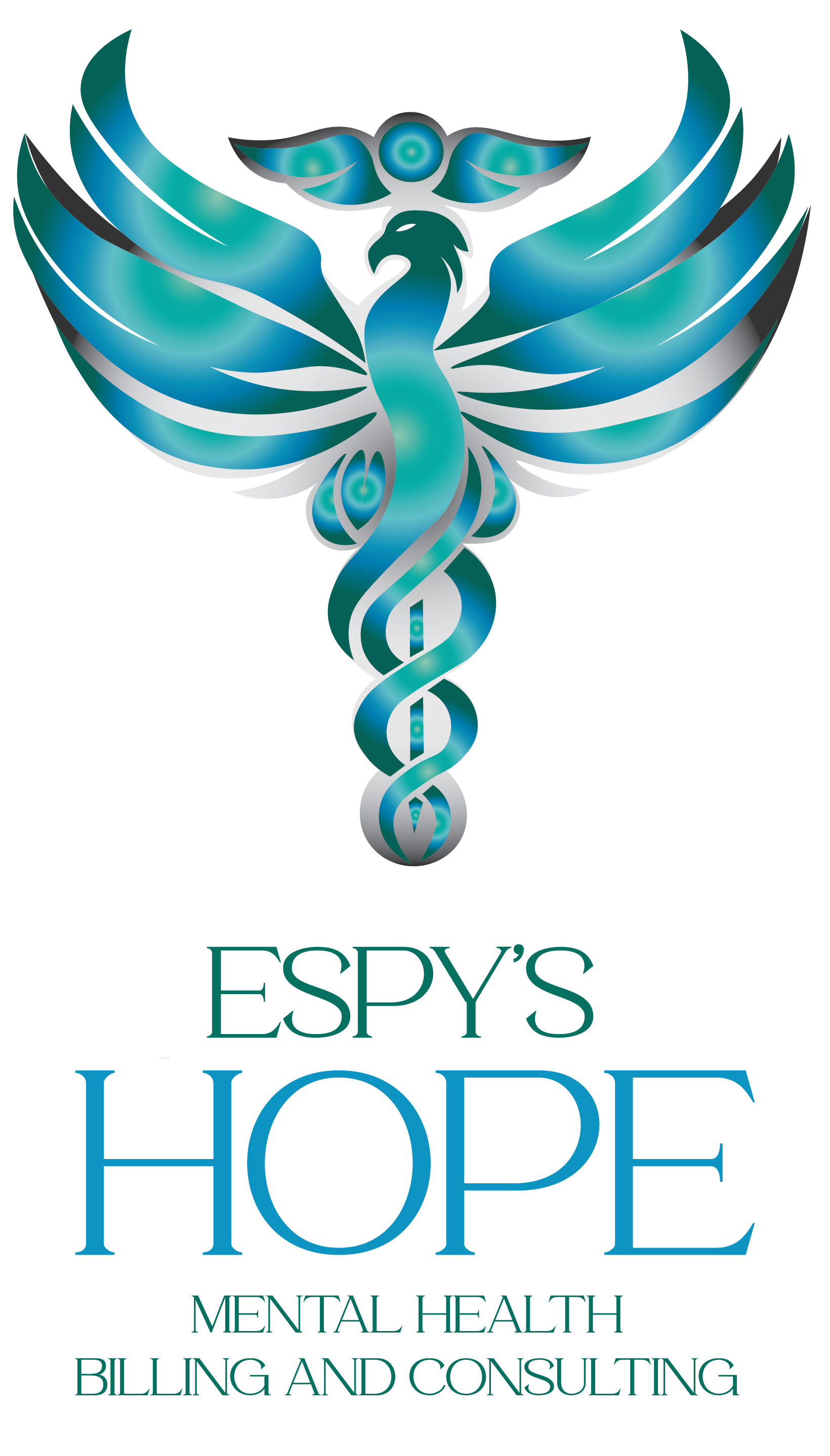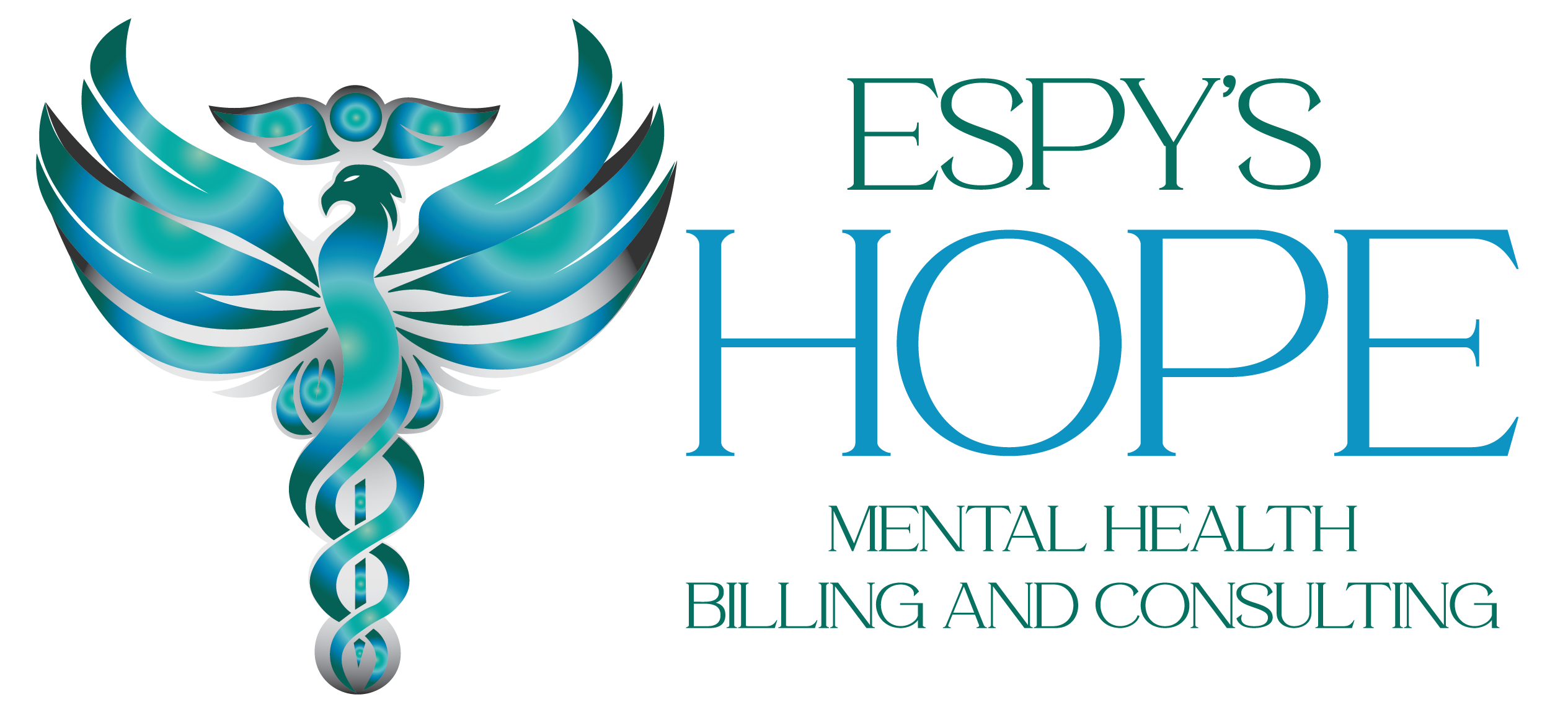Is Peer Recovery Coaching Billable? Understanding the Guidelines for Mental Health Providers for Peer Recovery Coaching Billing
- Espy
- Sep 26, 2024
- 4 min read
Peer Recovery Coaching Billing
As mental health care continues to evolve, the importance of holistic and patient-centered approaches becomes more apparent. One approach that has gained significant traction is Peer Recovery Coaching—a form of support that leverages the lived experience of individuals in recovery to help others navigate their own mental health and substance use journeys. While peer recovery coaching is invaluable in mental health treatment, one common question that arises for providers is: Is peer recovery coaching billable?
The answer isn’t a simple “yes” or “no.” This article will dive into what peer recovery coaching is, its benefits, and the conditions under which it might be eligible for billing.
What Is Peer Recovery Coaching?
Peer Recovery Coaching is a non-clinical service that provides support to individuals in recovery by leveraging the personal experience of a peer who has successfully navigated recovery themselves. The coaching focuses on recovery goals, personal growth, resilience building, and relapse prevention. Peer recovery coaches help to empower clients by offering practical advice, emotional support, and guidance through personal recovery plans.
While peer recovery coaching is not therapy, it plays a critical role in the mental health landscape by offering continued support and fostering a sense of community.

Is Peer Recovery Coaching Billable?
The billing of peer recovery coaching depends largely on the state in which the services are provided, the specific payer (whether private insurance or Medicaid), and whether the service meets certain criteria set forth by payers and regulatory bodies.
1. Medicaid and Peer Recovery Coaching
In many states, Medicaid covers peer support services, including peer recovery coaching, under specific conditions. The Centers for Medicare & Medicaid Services (CMS) recognized peer support services as a reimbursable service in 2007, allowing Medicaid to fund peer services delivered by qualified individuals. However, to be billable, several conditions typically must be met:
Certified Peer Recovery Coaches: To be eligible for reimbursement, the peer recovery coach must be certified by the state in which they practice. Certification ensures that the peer has received proper training and adheres to specific ethical and professional standards.
Supervision Requirements: In most states, peer recovery coaches must be supervised by a licensed clinical professional, such as a licensed counselor or social worker, for the service to be billable.
State-Specific Codes: Billing for peer recovery services is also subject to the availability of specific CPT or HCPCS codes. For example, many states use the H0038 code for peer support services, but this varies based on location and payer.
2. Commercial Insurance and Peer Recovery Coaching
While Medicaid is more likely to cover peer recovery services, private insurers are less consistent in providing reimbursement for peer recovery coaching. Some insurers may offer coverage if the peer support is part of a larger treatment plan and meets specific criteria, such as being conducted in a licensed treatment facility or under the supervision of a clinical professional. However, coverage is often limited and varies greatly by payer.
3. Certification and Documentation
For peer recovery coaching to be billable, the peer coach must meet all certification requirements set by the state and demonstrate that they have undergone proper training. Additionally, proper documentation is essential for billing purposes. Just like any other healthcare service, peer recovery coaching sessions must be documented thoroughly, detailing the services provided, the progress of the client, and how the coaching aligns with the individual’s treatment or recovery plan.
What Challenges Exist in Billing for Peer Recovery Coaching?
While there is growing acceptance of peer recovery coaching as a critical component of the mental health care continuum, billing for these services can be challenging for several reasons:
Variability Across States: Since each state manages its own Medicaid program and has different policies for billing peer support services, there is no uniform standard across the country. This means that mental health providers offering peer recovery coaching in multiple states must be familiar with each state’s regulations.
Payer Limitations: Even in states where Medicaid reimburses peer recovery coaching, private insurance may not follow the same standards, creating barriers for providers seeking broader coverage.
Coding Confusion: While codes such as H0038 exist for peer recovery services, not all payers recognize or reimburse these codes. Additionally, some providers may struggle with determining the correct codes for different scenarios, particularly when peer services are integrated into broader treatment plans.
Best Practices for Billing Peer Recovery Coaching
If you’re a mental health provider offering peer recovery coaching, it’s essential to ensure your billing practices are accurate and compliant with state regulations and payer requirements. Here are some best practices to follow:
Stay Informed of State Regulations: Keep up-to-date on state-specific Medicaid policies and private insurance guidelines to ensure you’re eligible to bill for peer recovery services.
Certify Your Peer Coaches: Ensure that all peer recovery coaches are certified according to your state’s regulations, and make sure they participate in ongoing education and supervision as required.
Document Thoroughly: Accurate documentation is key to successful billing. Ensure that each peer recovery session is properly recorded, including session details, patient progress, and alignment with treatment plans.
Work with a Billing Specialist: Partnering with a billing and coding specialist who understands the nuances of mental health services, including peer recovery coaching, can help ensure that your claims are submitted correctly and you maximize reimbursement.
Contact Espy’s Hope Billing and Consulting for Guidance
Navigating the complexities of billing for peer recovery coaching can be challenging, but Espy’s Hope Billing and Consulting is here to help. We specialize in mental health billing and coding, including services like peer recovery coaching. Espy is experienced in handling state-specific regulations, Medicaid policies, and private insurance billing to ensure that your practice gets the reimbursement it deserves.

